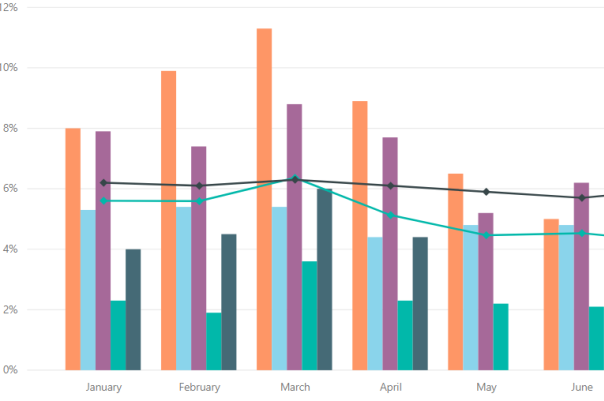(seasonally unadjusted)
In July 2019, the unemployment rate1 in the tourism sector was at 4.7%, which is 0.5 percentage points higher than the rate reported in July 2018, but lower than the previous month (June 2019), when the unemployment rate stood at 4.8%.
At 4.7%, tourism’s unemployment rate was below Canada’s seasonally unadjusted unemployment rate of 5.9%.
With the exception of the transportation sector, all tourism industry groups have reported higher unemployment rates than the same month last year (Table 1).
On a provincial basis, tourism unemployment rates ranged from 0.0% in Prince Edward Island to 6.9% in Nova Scotia.
The seasonally unadjusted unemployment rates for tourism in each province were below the rates reported for the provincial economy (Figure 1).
Tourism employment comprised 11.7% of the total Canadian labour force for the month of July.
| Tourism Industry Group2 | Unemployment Rate – July 2018 |
Unemployment Rate – July 2019 |
|---|---|---|
| Tourism | 4.2% | 4.7% |
| Accommodations | 2.8% | 3.4% |
| Food and Beverage | 5.1% | 5.9% |
| Recreation and Entertainment | 3.7% | 5.0% |
| Transportation | 4.0% | 2.9% |
| Travel Services | N/A | N/A |
1 To determine unemployment rates, industrial (NAICS) classifications are based on the most recent job held within the past year, and are self-identified by the respondent. Unemployed persons are those who, during the reference period, were available for work but were on temporary layoff, were without work, or were to start a new job within four weeks.
2 As defined by the Canadian Tourism Satellite Account. The NAICS industries included in the tourism sector are those that would cease to exist or operate at a significantly reduced level of activity as a direct result of an absence of tourism. Source: Statistics Canada Labour Force Survey, customized tabulations. Based on data for the week ending July 20, 2019.

